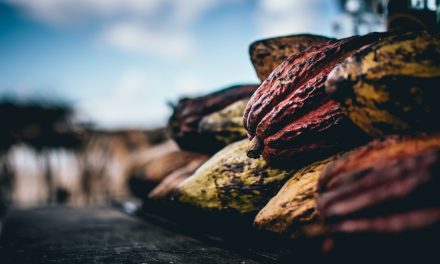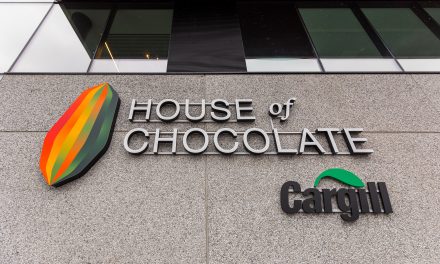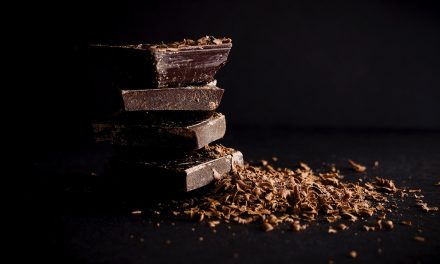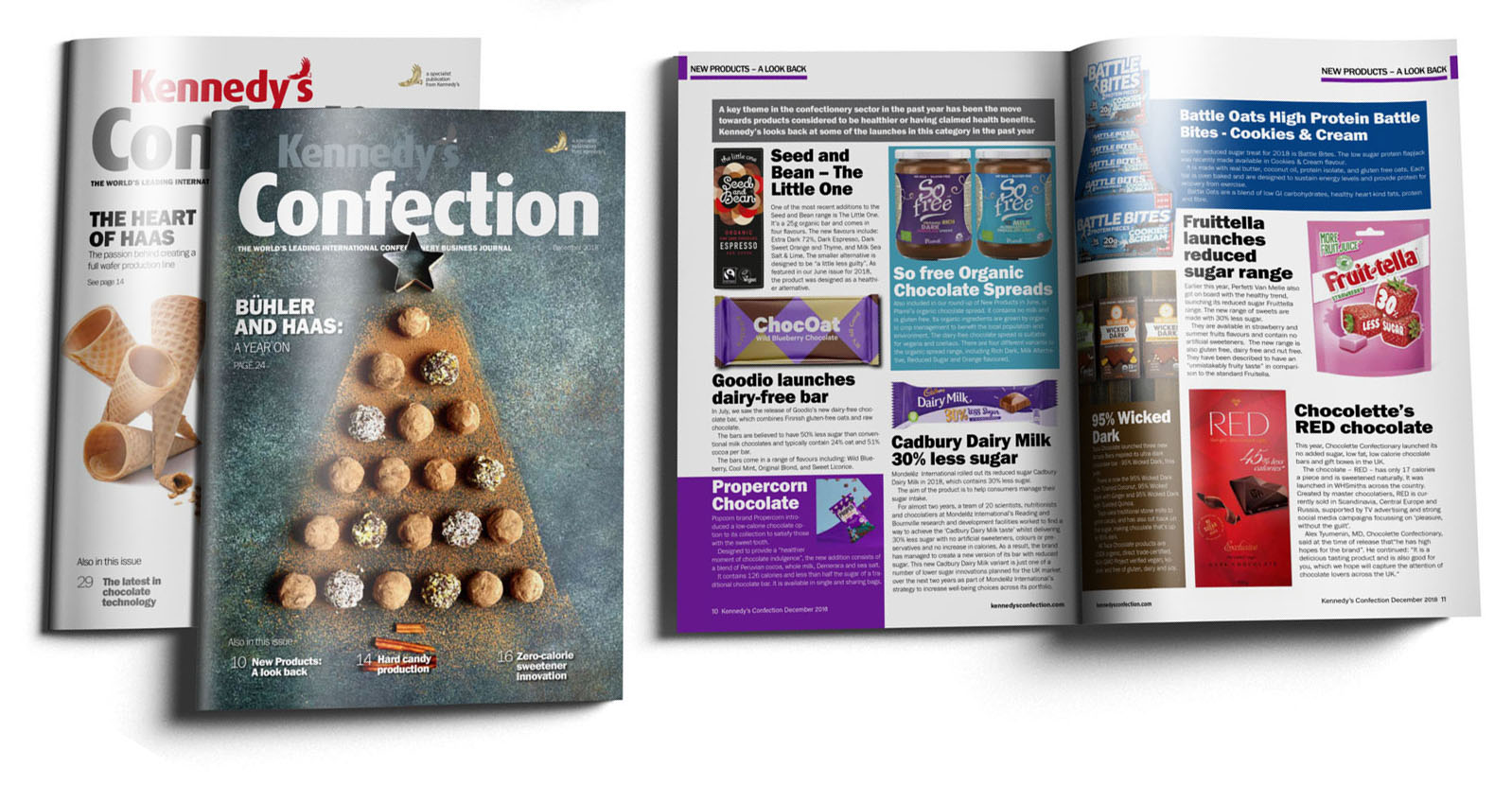The Fairtrade Foundation is calling on the UK government to work harder to clean up food supply chains and tackle the vast amount of carbon emissions ‘hidden’ in imported food and products that Brits want but can’t grow in the UK.
In a new report published to mark Fairtrade Fortnight, the Fairtrade Foundation argues that current efforts from government and business “fall short of what is needed to protect small-scale farmers on the frontline of the climate crisis in low-income countries”.
The Fairtrade report, A climate of crisis: farmers, our food and the fight for justice, warns that global heating is causing irreparable harm to agricultural communities overseas and could also seriously hinder the UK’s food supplies in the coming decades.
The report calls on the government and private sector to ‘take stronger, faster action’ to reduce emissions in agricultural supply chains, to support farmers and safeguard the future of imported products like coffee, cocoa and bananas that are at risk from changing weather patterns.
According to Fairtrade, the report highlights the problem of the UK’s ‘hidden’ carbon footprint: the greenhouse gas emissions generated overseas (including in poorer, climate-vulnerable nations) to create food and produce to meet UK demand. Figures show that nearly half (46%) of emissions linked to UK consumption are in fact created overseas, while 54% is domestically produced.
Fairtrade Foundation CEO Mike Gidney said: “Although the UK is on a welcome path to net zero emissions, if we don’t own up to our hidden emissions, our climate policy will never fully succeed in driving down our true footprint, and we will fail the small-scale producers overseas who grow the food we Brits love to consume. Fairtrade Foundation believes these invisible emissions are, ultimately, the UK’s responsibility: they take a heavy toll on the farmers who keep our shelves stocked and fridges full, and who are disproportionately affected by climate change.
“Not only is the climate emergency threatening the livelihoods of farmers in low-income nations, but it’s also jeopardising the future viability of their crops, meaning supermarket staples like chocolate and coffee could conceivably become luxury items by 2050 if global heating continues apace. We must stop outsourcing the burden of responsibility for tackling UK-driven emissions to other countries, including much poorer ones who have done the least to cause climate change.”
The Fairtrade Foundation wants the UK government to include international aviation and shipping in its carbon budgets and set out a clear policy to reduce these emissions, as recommended by the UK’s Climate Change Committee.







